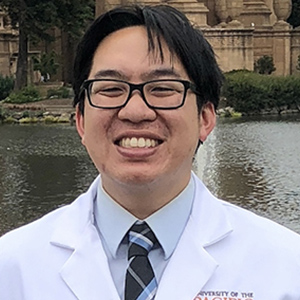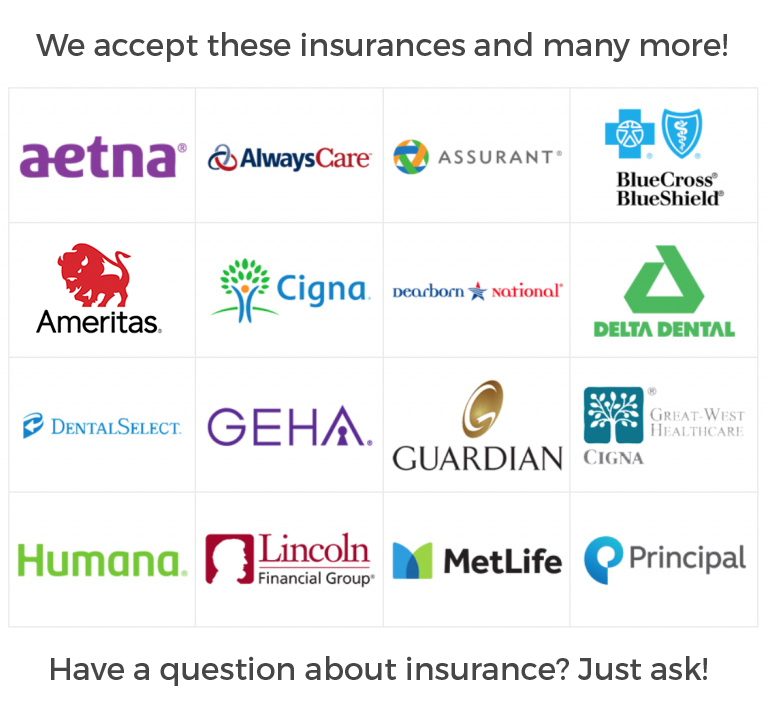Mouth Ulcers
One of the most commonly occurring lesions in the oral cavity is a mouth ulcer. While mouth sores can be annoying, uncomfortable and unsightly, they are often harmless, and will resolve within a few days without requiring any medical treatment. However, when these lesions do not get better after a couple of weeks, frequently recur, or if new symptoms begin to appear, it is important to get a more comprehensive evaluation by a dentist or other qualified healthcare provider.
While often the result of an actual injury like biting the cheek or the irritation of a sharp orthodontic wire, a mouth ulcer can also be caused by certain drugs, chemical sensitivity, diseases, or as a side effect of medical treatment like chemotherapy. A mouth ulcer such as a canker sore, which is also known as an aphthous ulcer, may even be triggered by stress and anxiety or hormonal changes.
According to statistics, up to 1 in 5 people get recurrent mouth ulcers. There are several underlying health conditions that can lead to the development of mouth ulcers including the following:
- Nutritional problems like vitamin B12, zinc, folic acid or iron deficiency
- Gastrointestinal tract diseases such as Crohn’s disease & coeliac disease
- An impaired immune system due to diseases such as HIV or Lupus
- Reactive arthritis
- Certain viral infections such as cold sore virus, chickenpox, as well as hand, foot, and mouth disease in young children
How are mouth sores and ulcerations managed?
Since a mouth ulcer involves the loss or erosion of a section of the delicate tissue lining the oral cavity, it can make the simple acts of eating, drinking or even talking quite uncomfortable. Treating the underlying cause (if there is one) and managing the symptoms is the best way to reduce the risk of complications until healing can take place. To ease the discomfort of mouth ulcers and promote healing, it is helpful to reduce or eliminate any sources of continuing irritation and avoid hot and spicy foods, drink plenty of fluids, use rinses or medication as recommended by a dentist or physician as well as brush and floss the teeth as gently as possible to keep the mouth clean.
Meet Your Award Winning Dentists

Stanley Dintcho, DDS

Eric Shapira, DDS, MA, MHA

Desmond Brian NG, DDS
The Proof is in Our Patients

MOST INSURANCES WELCOME AND MAXIMIZED!
Contact us and schedule your visit today.
Most Insurances Welcomed and Maximized
We’ll make the process of paying for your dental care as simple as possible! Our office accepts a wide variety of insurance plans, and we’re always happy to file your claim for you so that you can be sure to receive the maximum benefits available to you. Union Street Dental Care of San Francisco, CA is in network with Delta Dental, Cigna, Metlife, Aetna, Guardian, Ameritas, Principal, United Healthcare, United Concordia, Assurant, GEHA, Careington, Humana, TDA, BlueCross BlueShield and more! Call us today to find out how we can maximize your insurance plan!

| Monday | 8:30 AM – 6:00 PM |
| Tuesday | 8:30 AM – 6:00 PM |
| Wednesday | 8:30 AM – 6:00 PM |
| Thursday | 8:30 AM – 6:00 PM |
| Friday | CLOSED |
| Saturday | CLOSED |
| Sunday | CLOSED |
